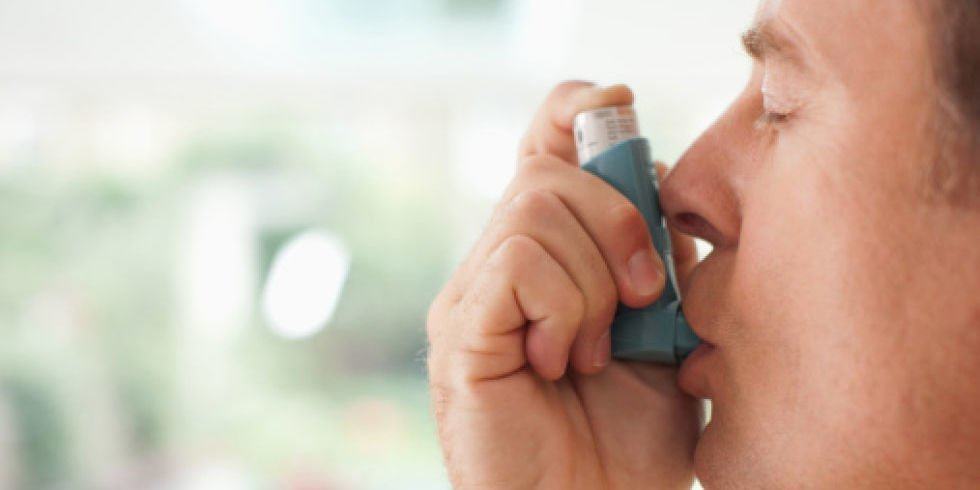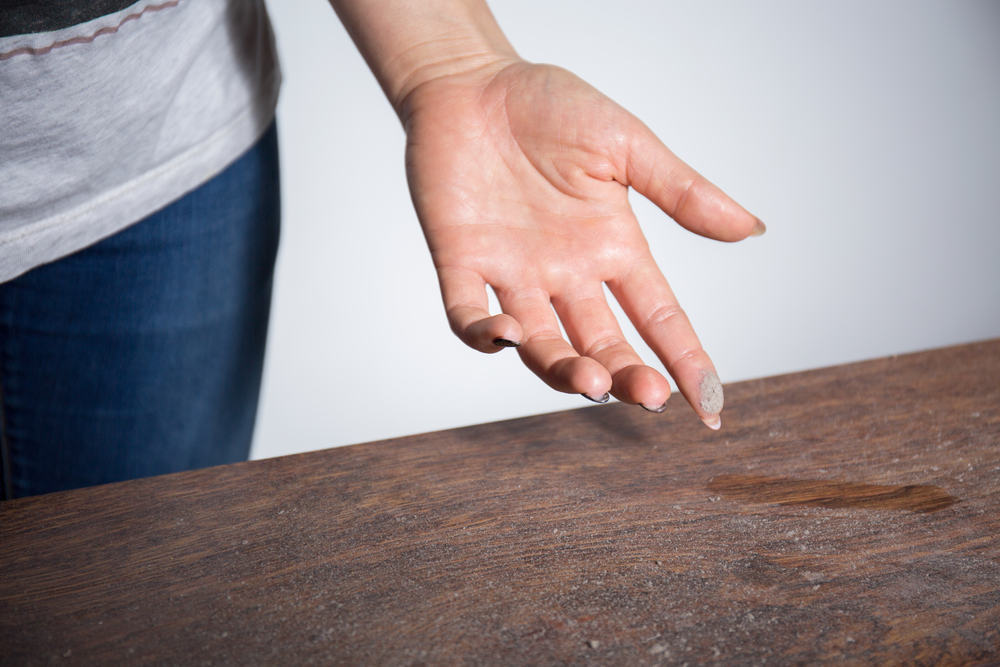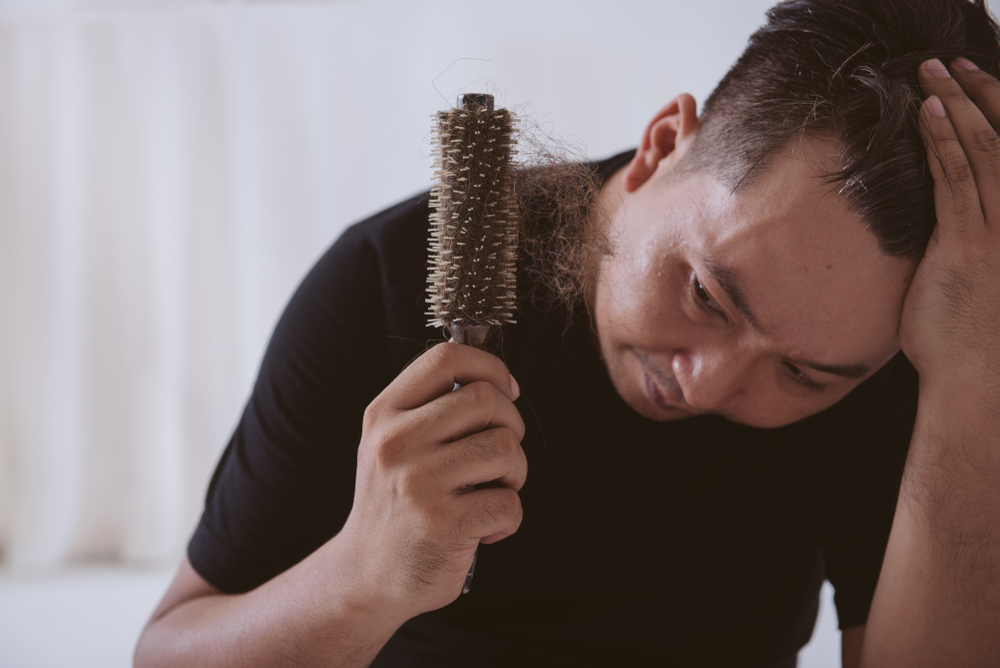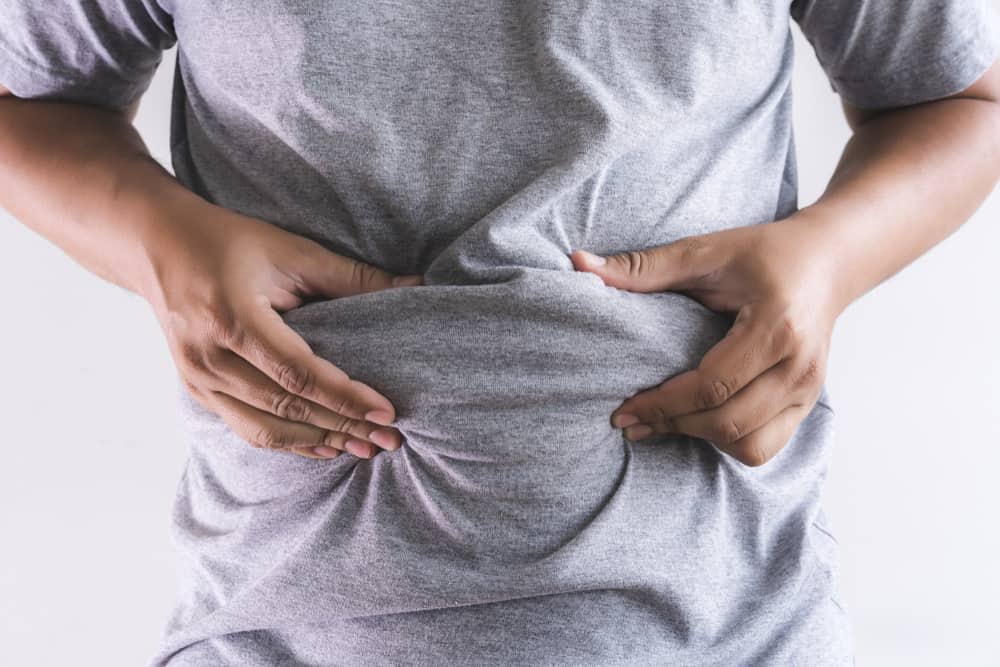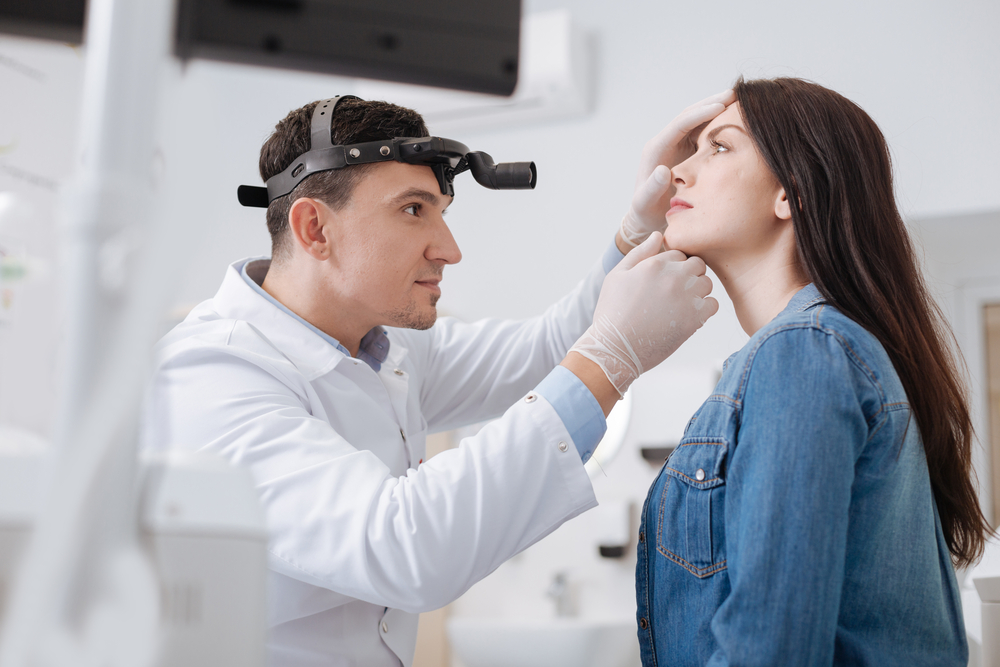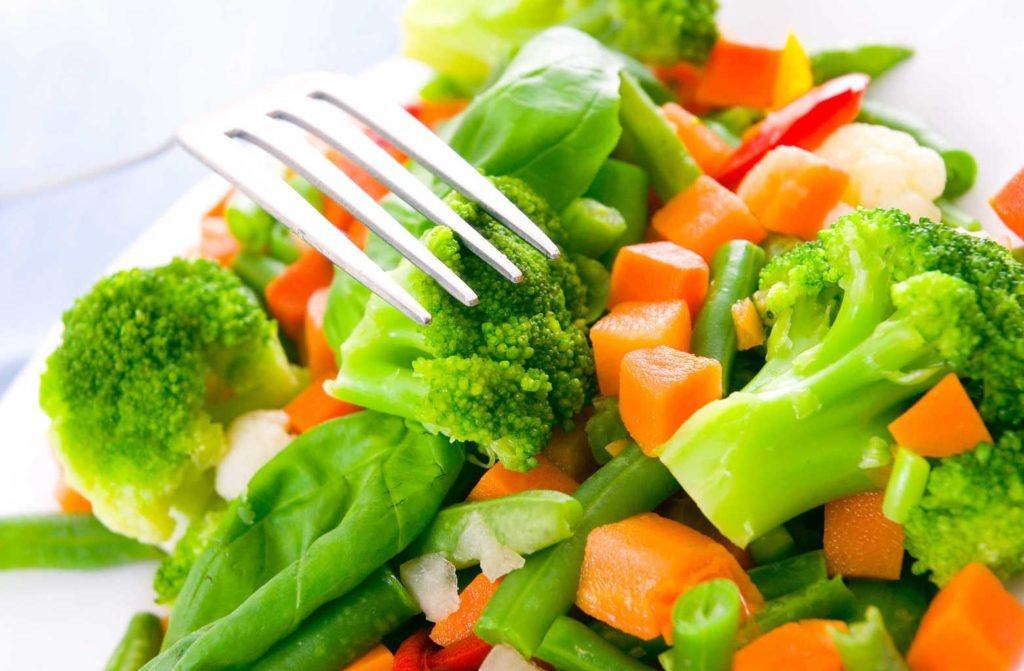Contents:
- Medical Video: 11 Dangerous Foods To Never Eat With Braces, FOODS Will “ROTTEN TEETH” OF YOURS.
- Why do sour fruits make teeth broken?
- Can teeth be damaged immediately after eating fruit once?
- Can damaged teeth be repaired?
- Healthy tips on eating fruit so as not to damage the teeth
Medical Video: 11 Dangerous Foods To Never Eat With Braces, FOODS Will “ROTTEN TEETH” OF YOURS.
Maybe all this time you only know that sweet foods make cavities. In fact, fruits that taste sour can also make teeth damaged - even though in a different way.
Why do sour fruits make teeth broken?
The acidic content in some fruits can erode the natural minerals that make up the enamel. Enamel (email) is the hardest and outermost layer of teeth, which you can see when mirroring. This erosion process is called tooth erosion.
Exposure to acids that are continuously received by the teeth will further weaken the structure of the tooth surface to cause open dentine (the middle layer of the tooth). Email loss in the teeth can make the surface or the shape of the teeth become uneven, teeth shorten, sensitive teeth, or even broken.
According to research, pH that can damage teeth is equal to or below 5.5. An example of an acid fruit that can damage teeth is a lemon because this yellow fruit has a high acidity. Other fruits that are at risk of damaging teeth are wine, pineapple, mangoes, oranges, and other fruits that taste very sour.
Can teeth be damaged immediately after eating fruit once?
Certainly not. The risk of broken teeth only occurs if you continue to eat acidic portions with excessive portions.
How fast tooth decay occurs afterwards also depends on how you eat it. Teeth can be damaged quickly if the fruit is consumed by sucking or chewing directly from the fruit pieces. Drinking orange juice using a straw, for example, will not have much impact on your teeth.
Another thing that affects the risk of tooth decay is how strong your teeth are and how you brush your teeth all this time. If you are among those who rarely brush their teeth, of course the risk of tooth decay can occur more quickly and severely.
Can damaged teeth be repaired?
Can. But you should first check your teeth at the dentist. Teeth that have been eroded or even hollow can be patched by a doctor.
If the damage is widespread, the dentist can recommend dentalcrown. Dental crown is a procedure for the installation of a dental sheath over a damaged tooth. Dental crowns are also called denture crowns.
Healthy tips on eating fruit so as not to damage the teeth
Even though acidic fruit is at risk of causing tooth decay, it does not mean you avoid eating fruit altogether. These fruits are still important benefits for maintaining a healthy body.
How to eat the wrong fruit is what can increase your risk of tooth decay. The following are healthy tips on eating sour fruits so that you can still benefit, while protecting dental health:
- Consumption of sour fruit in the form of juice is better than its full form. However, make fruit juice by adding a lot of sugar. A blend of sour fruit and sweet sugar can also make teeth damaged.
- Choose the right time to eat fruit. It's better to eat tamarind at main meal times (breakfast, lunch or dinner). Avoid eating sour fruit as a snack.
- Don't eat sour fruit for long. Too long to chew or leave sour fruit in the mouth will further increase the effect of eroding tooth enamel.
- Gargle water after eating sour fruit. Drinking fresh milk can also be an option for maintaining healthy teeth after eating fruit.
- If you want to brush your teeth, give a minimum distance of 30 minutes afterwards. Teeth newly exposed to acid are more susceptible to damage if given direct pressure such as when brushing teeth.
- Brush your teeth gently with soft brush bristles. Excessive pressure when brushing your teeth can exacerbate damage caused by acid.
- Expand to eat fruit that can strengthen teeth, like kiwi, cranberry, apples and strawberries.




